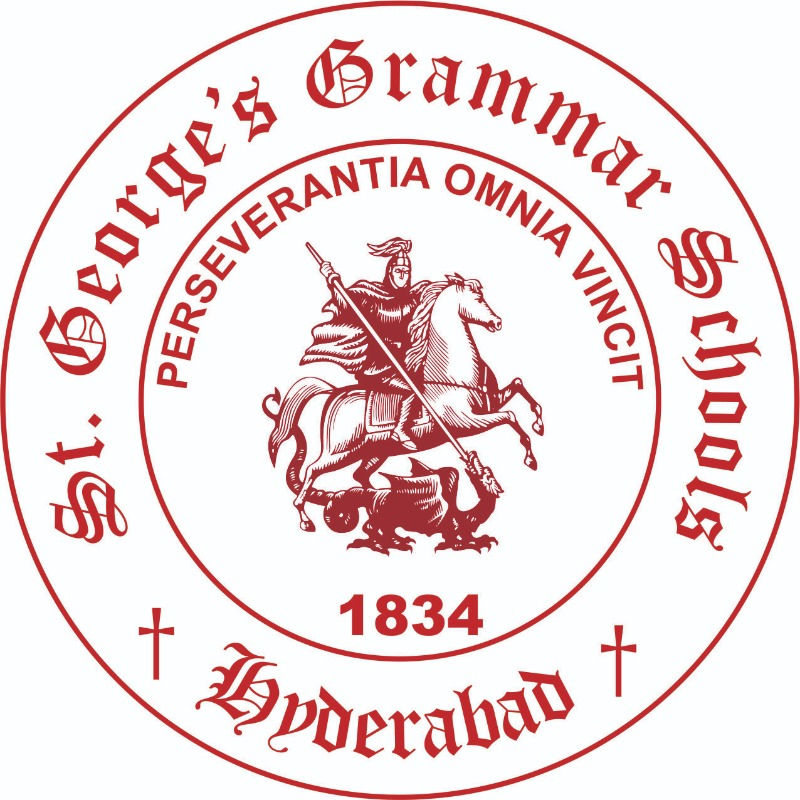Wallahs: The Disappearing Vendors
- Chaiontheveranda

- Mar 5, 2023
- 3 min read
Updated: Jan 17, 2024
The Hyderabad I knew growing up had changed. Supermarkets, dry cleaners, grocery stores, and bakeries had cropped up everywhere. I saw their impact on the way my parents’ house functioned. Milk was now delivered in plastic bags instead of the milkman bringing his water buffalo to our house every morning. We bought ‘broiler chicken’, cleaned, pre-cut, and packaged. Our laundry was sent for dry cleaning or washed at home, I no longer saw our old ‘Dhobi.’

'Dhobi' hangs laundry in the open to dry
Before modern-day appliances and gadgets made their appearance in our homes, we depended on ‘wallahs’ (vendors) for repairing, cleaning, or upgrading household items. They were experts in their trade which was passed from father to son for generations.
‘Rui Dhunakne Wallah’ or the Cotton Fluffer
The Rui Dhunakne Wallah visited our neighborhood announcing his presence by strumming a harp-like wooden instrument used for cotton carding or fluffing. If we heard him strumming, we sent our house helper to bring him in to fluff our ‘razais’ (comforters) and mattresses. As with many other items in our house, our first option was to repair or fix things.
Once his fluffing machine was set up the RD Wallah would carefully remove the cotton from each item, spreading it on a large durri. The cotton was carded till it became light and fluffy. Any damaged cotton was replaced with fresh material and the comforters and mattresses were filled once again and sewn back. What a joy it was to sleep on a newly fluffed mattress!
Kalai Wallah or The Polisher
Watching the Kalai Wallah polish our copper pots and pans was fascinating. The K Wallah dug a pit in the ground, then started a blast furnace while blowing in the air with bellows.
The pots were first cleaned, then heated, and a strip of tin was quickly applied to the interior of the pot by hand. Using a folded cloth the K Wallah rubbed the inside of the pot and within minutes the dull discolored pot turned bright and glimmering.
Pastry Wall
The one vendor whose arrival we children looked forward to was the Pastry Wallah. He came every day around 4 p.m. carrying a metal trunk on his head. The trunk was filled with freshly baked scones, pastries, and my favorite, the cream horns (flaky pastry cones filled with whipped cream). The Pastry Wallah chose a time when children were back from school and hungry for a tasty snack. These delicious pastries were made by a local lady who had learned baking from a British friend.
Bhishti or The Water Bearer
He carried a leather pouch called ‘mashaq’ filled with fresh water thrown over his shoulder. For centuries the Bhishti had supplied water to thirsty soldiers and travelers. His role was so critical to the British Army in India that Rudyard Kipling wrote a poem called Ganga Din in 1890.
Bhishtis also made their living delivering fresh water in cities and towns. During summer the ‘sahan’ (courtyard) of our house would heat up so much that it was impossible to sit outside. We had to hire a Bhishti to come every day to water the ‘sahan’ till it cooled down, requiring him to refill his mashaq several times.
Dhobi or The Washerman
My parents and extended family had used the services of the same Dhobi family for years. It was customary for a dhobi to go to his client’s home to collect laundry. Dhobis assigned a unique number that was marked with a dye on every piece of laundry. Our clothes were rarely lost.
All our laundry was hand washed, dried, ironed and brought back neatly wrapped in a white cloth. The clothes were checked against our list to verify all items were returned. Sarees and dupattas which required crispness were treated with mica powder which also gave them a little sparkle. Once his work was done our Dhobi stayed around to have a cup of chai. He talked about his family or asked my father’s advice about his health issues. He was getting old he would say, soon his son would have to take over the work.

Chhurie Wallah carrying a traditional portable knife sharpening machine
Chhurie Wallah or The Knife Sharpener
Using a crude pedaling machine connected to a round stone, the Chhurie Wallah pedaled with his foot. As the stone turned he held the edge of the knife against it, slowly sharpening the knife. The C Wallah usually found a quiet corner on a street to set up his machine as housewives, restaurants, and cafes sent their knives and tools to him for sharpening.
For years the Wallahs had earned their living through their trade, but sadly their services are no longer required in the modern Hyderabad home.




Comments